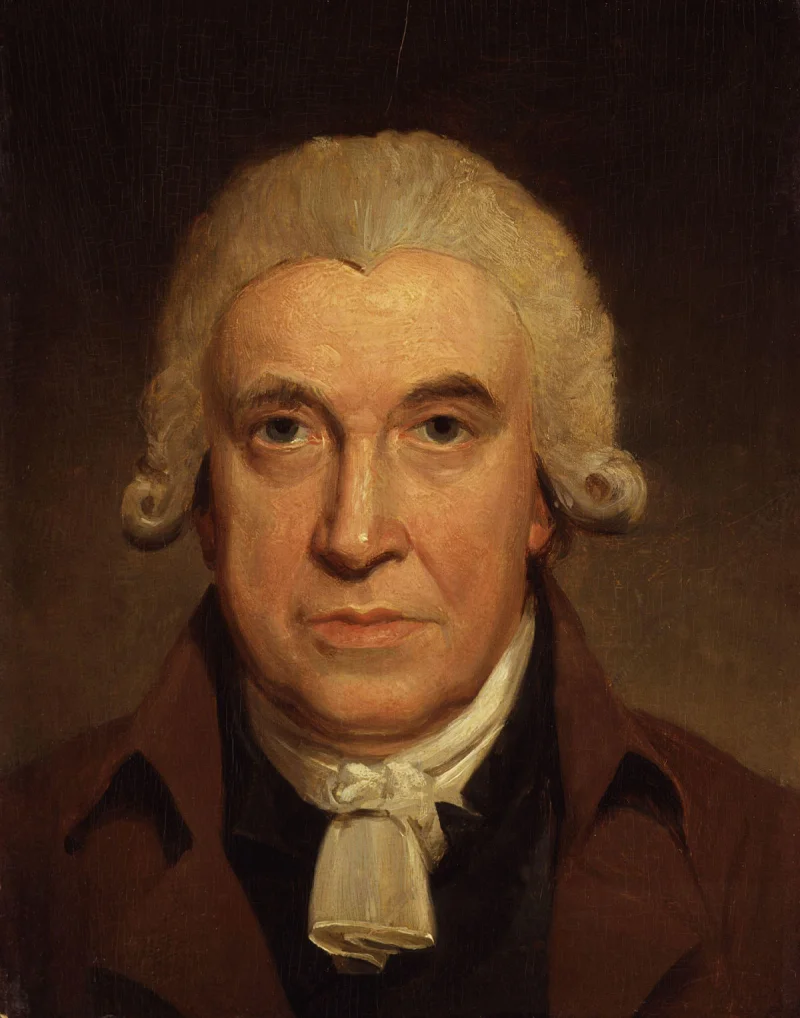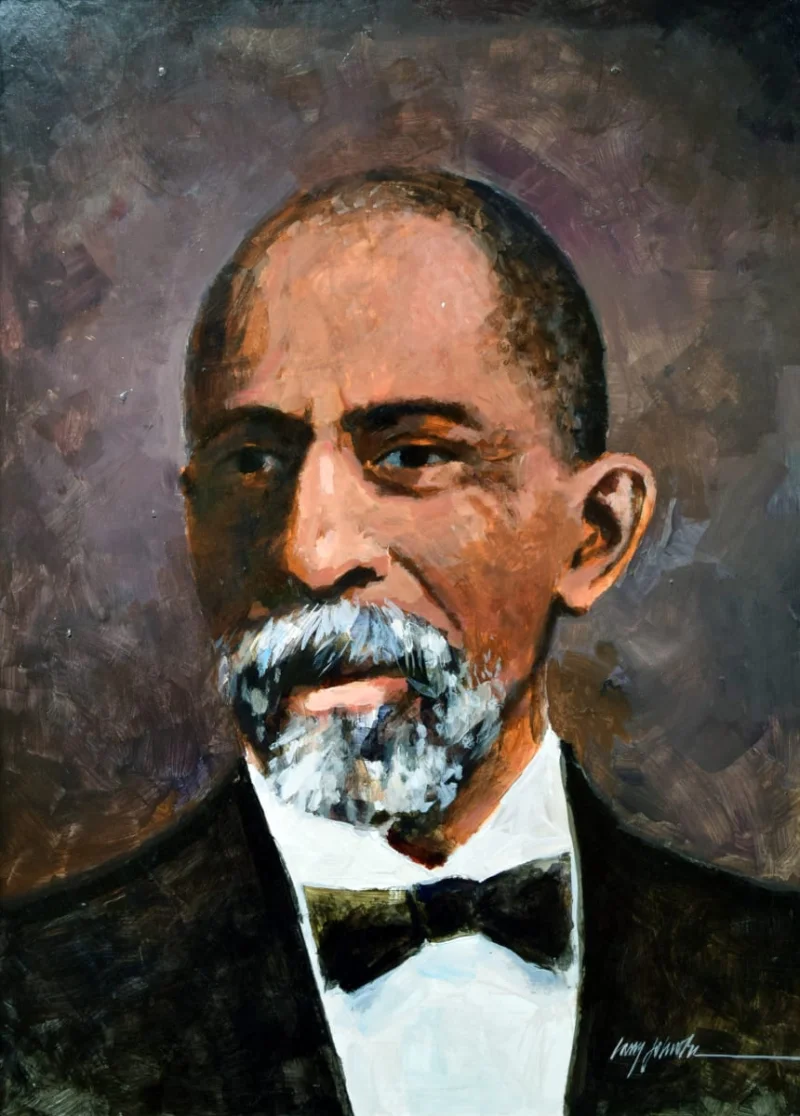Short Summary
René Descartes was a French philosopher, mathematician, and scientist who lived during the 17th century. He is best known for his philosophical statement "Cogito, ergo sum" ("I think, therefore I am") and is often regarded as the father of modern Western philosophy. Descartes made significant contributions to mathematics, particularly in the development of Cartesian geometry, which bridged algebra and geometry. His works laid the foundation for 17th-century continental rationalism, later advocated by Baruch Spinoza and Gottfried Wilhelm Leibniz.
Early Life & Education
René Descartes was born on March 31, 1596, in La Haye en Touraine, France, to a family of minor nobility. His mother died when he was just one year old, and he was raised by his grandmother and great-uncle. At the age of eight, he was sent to the Jesuit College Royal Henry-Le-Grand at La Flèche, where he received a thorough education in classical studies, philosophy, and mathematics. The curriculum heavily influenced his intellectual development, particularly his interest in mathematics and analytical thinking. He later studied law at the University of Poitiers, although he never practiced it, choosing instead to pursue a life of travel and intellectual inquiry.
Career Highlights
Descartes' career was marked by significant intellectual achievements and contributions to multiple fields. In the early 1620s, he moved to the Dutch Republic, where he spent most of his adult life. During this period, he developed his philosophical and mathematical ideas, leading to the publication of major works such as "Meditations on First Philosophy" and "Discourse on the Method." His contributions to mathematics include the Cartesian coordinate system, which laid the groundwork for analytical geometry. Descartes also delved into scientific inquiry, making strides in optics and mechanical philosophy, which influenced the scientific revolution.
Major Achievements
- Developed the Cartesian coordinate system, revolutionizing geometry by linking it with algebra.
- Authored "Meditations on First Philosophy," a foundational text in modern Western philosophy.
- Formulated the philosophical statement "Cogito, ergo sum," emphasizing the role of doubt and reasoning.
- Contributed to the advancement of optics, notably through his work on the law of refraction.
Famous Quotes
- "Cogito, ergo sum." ("I think, therefore I am.")
- "The reading of all good books is like a conversation with the finest minds of past centuries."
- "If you would be a real seeker after truth, it is necessary that at least once in your life you doubt, as far as possible, all things."
Interesting Facts
- Descartes was a soldier in the Thirty Years' War before dedicating himself to philosophy and science.
- He was known to sleep late and do much of his thinking in bed, a habit he maintained throughout his life.
- Descartes corresponded with notable figures of his time, including Princess Elizabeth of Bohemia, discussing complex philosophical ideas.
- His approach to philosophy and science was influenced by his desire to find certainty and a methodical framework for understanding the world.
- Descartes' work was initially met with controversy and was even banned by the Catholic Church.
Legacy / Influence
Descartes' work laid the foundation for modern philosophy and had a profound impact on mathematics and science. His method of systematic doubt and emphasis on reason influenced the Enlightenment and numerous philosophers who followed. The Cartesian coordinate system remains a fundamental element of mathematics, demonstrating his lasting impact on the field. Descartes' ideas continue to be studied and debated, highlighting his enduring influence on Western thought.
FAQ
Q: Why is René Descartes famous?
A: He is famous for his contributions to philosophy, mathematics, and science, particularly for developing the Cartesian coordinate system and the statement "Cogito, ergo sum."
Q: What was Descartes' main philosophical contribution?
A: His main philosophical contribution was the method of doubt and the emphasis on reason as the foundation of knowledge, encapsulated in his statement "Cogito, ergo sum."
Q: What did Descartes contribute to mathematics?
A: He developed the Cartesian coordinate system, which established a link between algebra and geometry, revolutionizing the field.
Q: How did Descartes influence modern science?
A: His mechanistic view of the physical world and emphasis on mathematical reasoning influenced the scientific revolution and the development of modern science.













